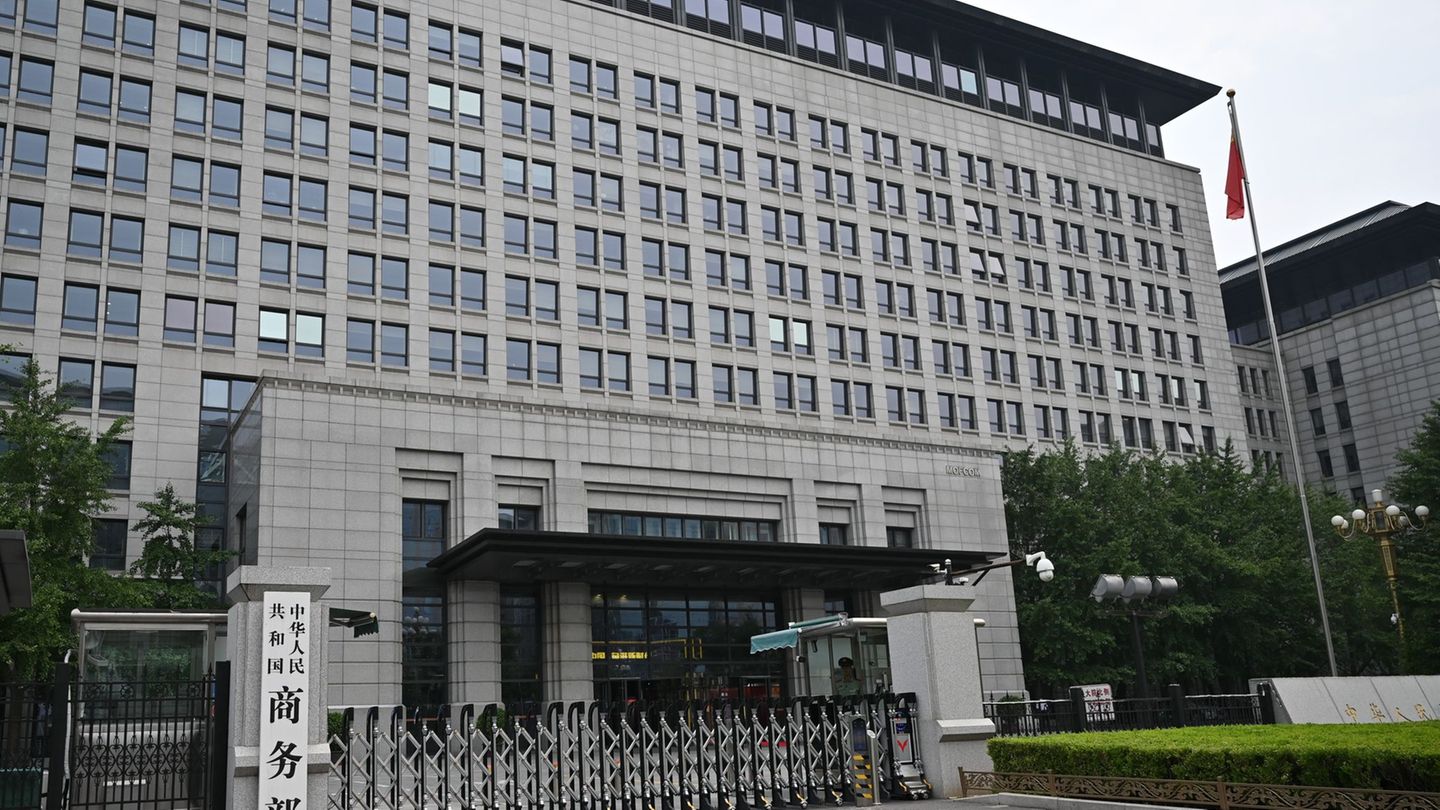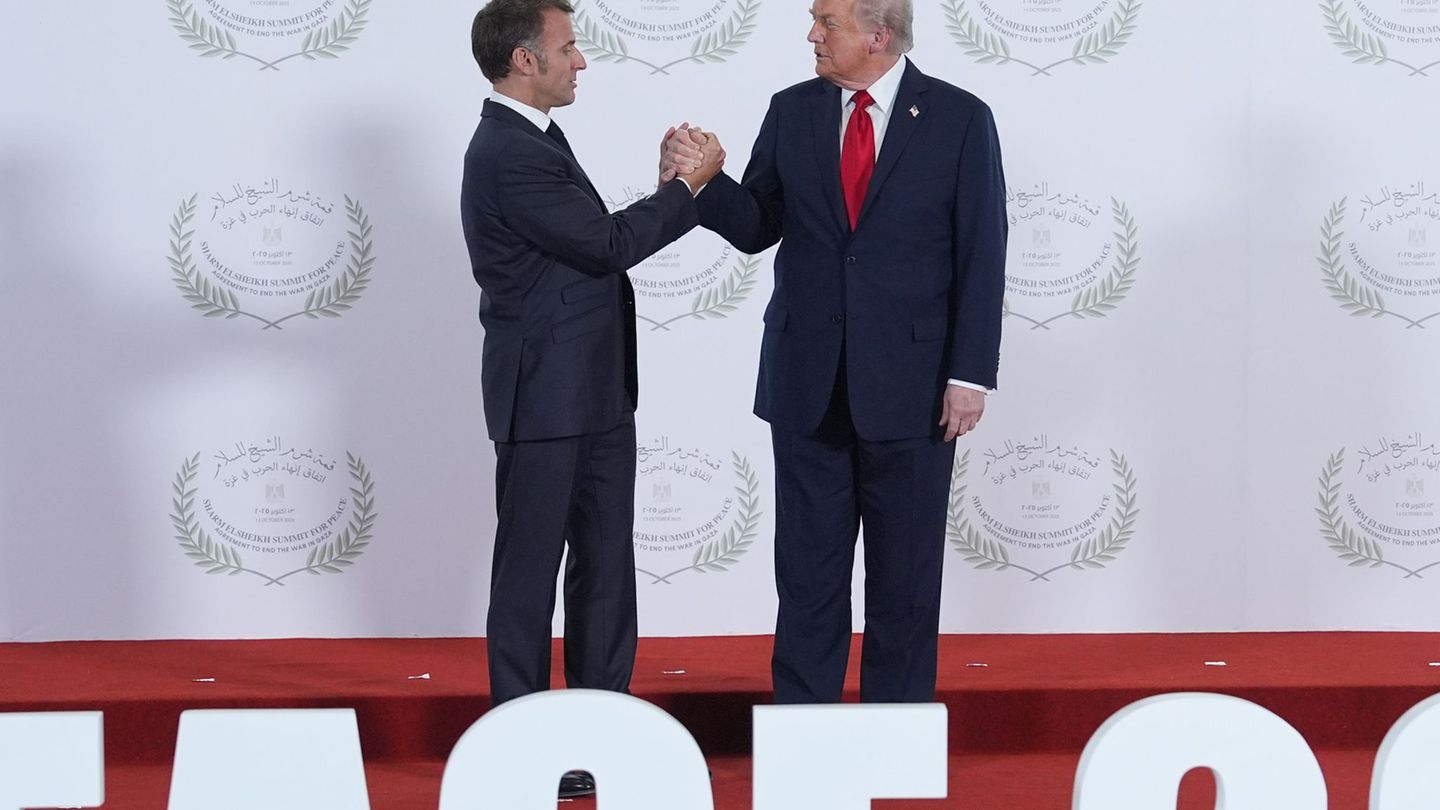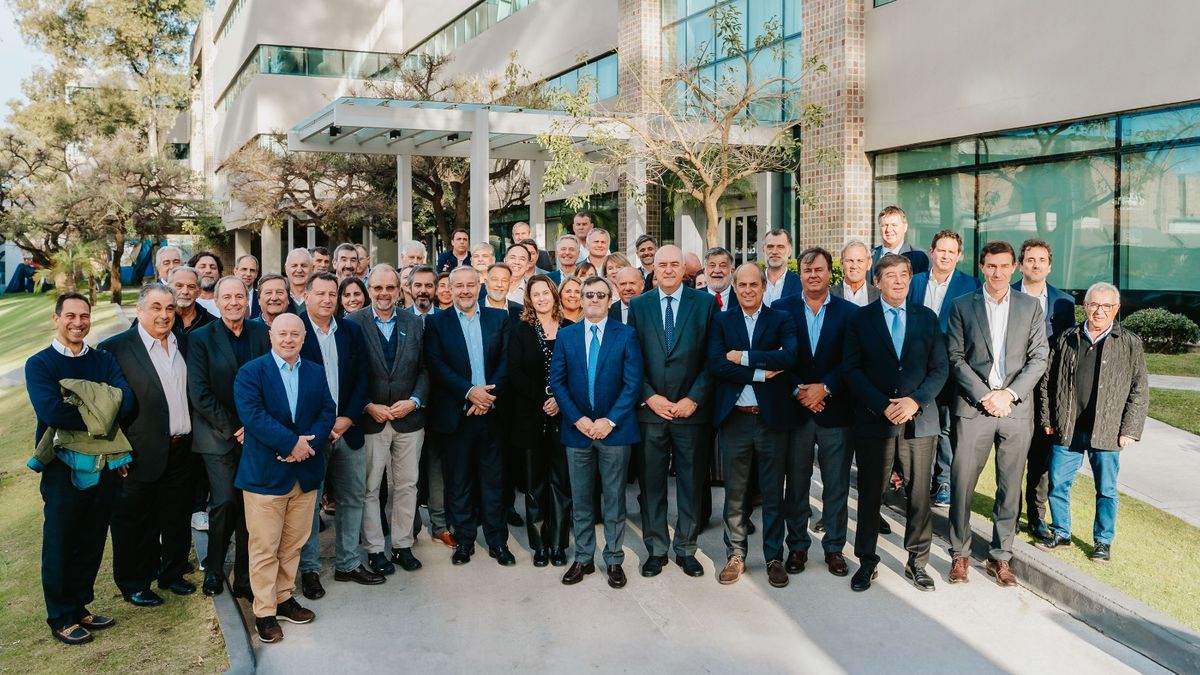Menu
The UIA presented its new productive contract with 10 points among which macro stability stands out
Categories
Most Read
Transport: Full ships despite the calm – shipping companies defy the crisis
October 14, 2025
No Comments
TAMAR and the surety exceeded 70%
October 13, 2025
No Comments
Carlos Melconian warned that the agreement with the US only prolongs the life of the exchange market
October 13, 2025
No Comments
How can it impact the trade relationship with China?
October 13, 2025
No Comments
the tricks you have to know before buying at SHEIN
October 13, 2025
No Comments
Latest Posts

Trade dispute: Government: China fights “customs war” with USA until the end
October 14, 2025
No Comments
AngelicaI am an author and journalist who has written for 24 Hours World. I specialize in covering the economy and write about topics such as

National football team: points before aesthetics: situation in World Cup qualification completely turned around
October 14, 2025
No Comments
PierceI am Pierce Boyd, a driven and ambitious professional working in the news industry. I have been writing for 24 Hours Worlds for over five

Situation at a glance: Macron warns of ongoing threat from Hamas
October 14, 2025
No Comments
IvanI have been working in the news industry for over 6 years, first as a reporter and now as an editor. I have covered politics
24 Hours Worlds is a comprehensive source of instant world current affairs, offering up-to-the-minute coverage of breaking news and events from around the globe. With a team of experienced journalists and experts on hand 24/7.

